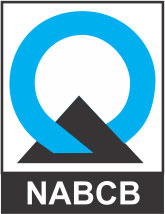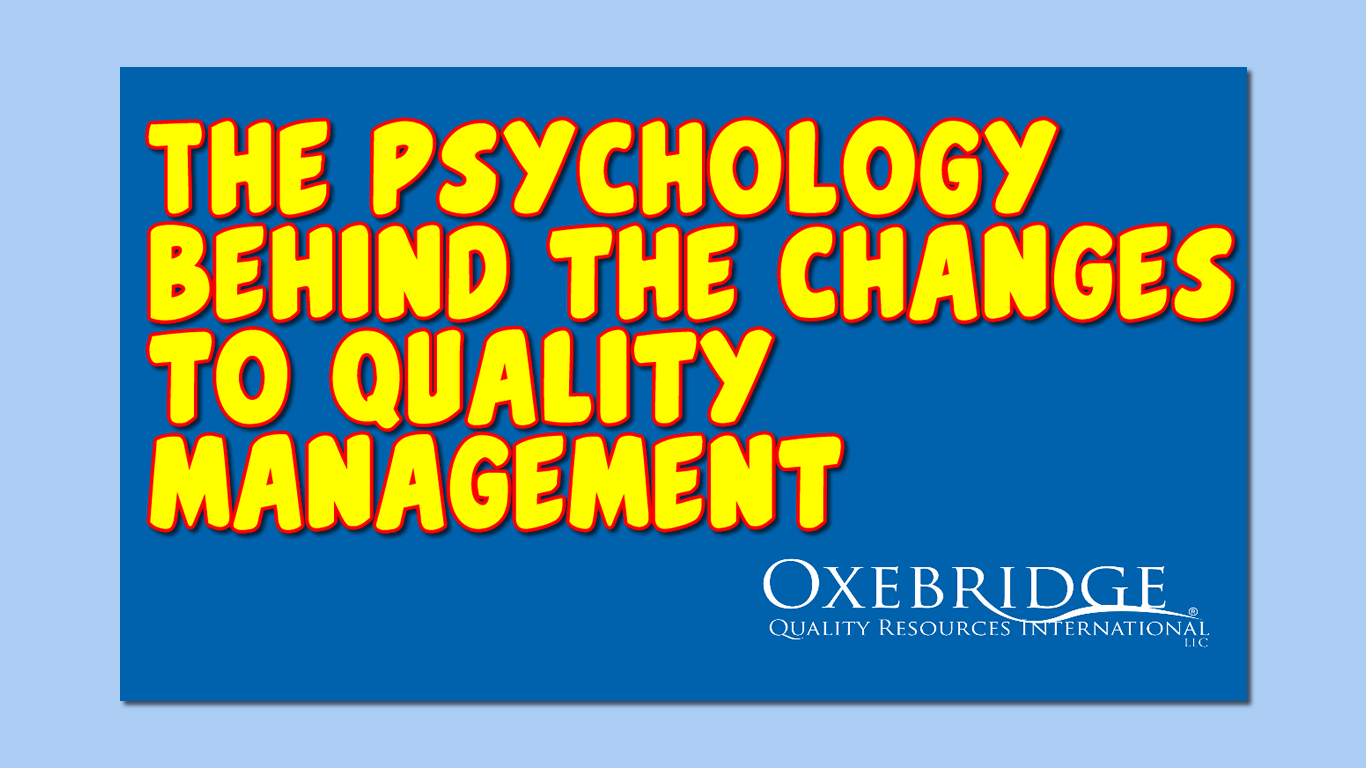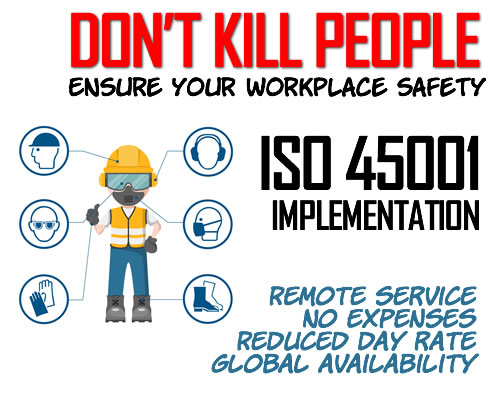The Indian national accreditation body has hired private investigators as part of a crackdown on rampant corruption among certification bodies (CBs) in India.
The National Accreditation Board for Certification Bodies (NABCB) began using a private detective agency in April of 2014 to investigate the actions of some of its accredited CBs. Of primary concern are those CBs suspected in “cases of unethical practices, given that the certification scene in India is bedevilled by malpractices and poor quality of certification” the NABCB said in an official press release.
To date, investigations spanning 11 cities in India resulted in the suspension of four CBs, and 12 withdrawals, eight of which were due to malpractice. The effort has gained support from the Indian Ministry of Commerce.
The major concern for NABCB appears to be collusion between CBs and consultants, or CBs performing consulting for their certification clients, something widely overlooked in the US and Europe. In an interview with Oxebridge. NABCB CEO Anil Jauhri said:
We have been battling malpractices by CBs since Apr 2007 when we undertook the first set of direct visits to certified clients, now called validation audits. Post IAF MD 7, we have toughened our stand on malpractice and if detected, cancel accreditation. We have no idea of exact number of CBs in India – every day a new name comes up and we have no idea about who owns them and what their antecedents are. We are receiving applications from unknown CBs, some of who have been in consulting and are now opening certification business, and we have had some cases of applicants involved in malpractices and consultancy business…. It was felt necessary to run a background check on applicant CBs especially the personnel owning/managing such CBs before accepting the applications. It was proposed to NABCB Board and decided in its 39th. meeting in Sept 2013 to engage professional agencies for the purpose
“IAF MD7” refers to the Mandatory Document Nr. 7 of the International Accreditation Forum, for which NABCB — as well as ANAB in the US and UKAS in the UK — are signatories. IAF MD7 outlines “harmonized sanctions” for CBs that violate accreditation rules.
As documented in complaints filed by Oxebridge, both ANAB and UKAS are accused of failing to take action on situations involving alleged blending of consulting activities by three registrars: LRQA, BSI and Smithers Quality Assessments. A complaint has now been filed with the IAF alleging that UKAS violated IAF rules, as well as international law, when it failed to take proper actions in response to such complaints.
When asked about BSI, Mr. Jauhri said, “I have noted the information and it would be part of brief when we assess it next. I can assure you we have raised issue in BSI on impartiality which have led to worldwide changes in its systems.”
Like its western counterparts, NABCB earns its revenue through fees paid by the CBs it audits, an arrangement that Oxebridge has found to be a “significant hurdle to objectivity.” NABCB, however, asserts that the ultimate value is to be had in the validity of certifications, even if that means citing their high-paying CB clients.
[The] NABCB Board has been quite clear – the quality of accreditation should be maintained regardless of numbers and hence our ability to cancel accreditations without bothering for their impact on our revenues.
The IAF is said to have been “appreciative” of the NABCB’s efforts, and is said to be considering publishing an article on the subject in an upcoming IAF News release; to date, IAF has not addressed the matter publicly.
Christopher Paris is the founder and VP Operations of Oxebridge. He has over 35 years’ experience implementing ISO 9001 and AS9100 systems, and helps establish certification and accreditation bodies with the ISO 17000 series. He is a vocal advocate for the development and use of standards from the point of view of actual users. He is the writer and artist of THE AUDITOR comic strip, and is currently writing the DR. CUBA pulp novel series. Visit www.drcuba.world








